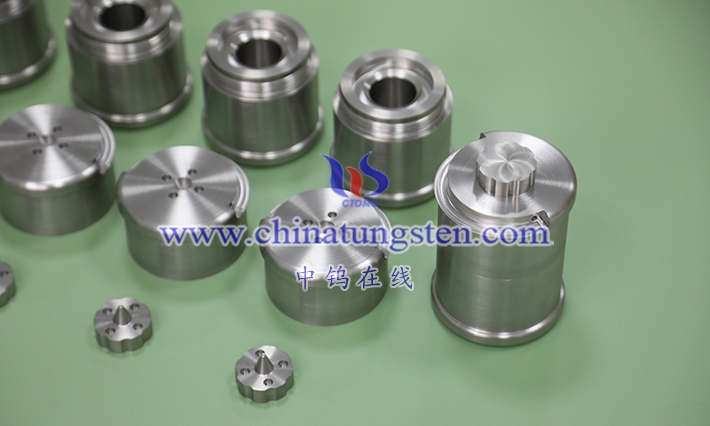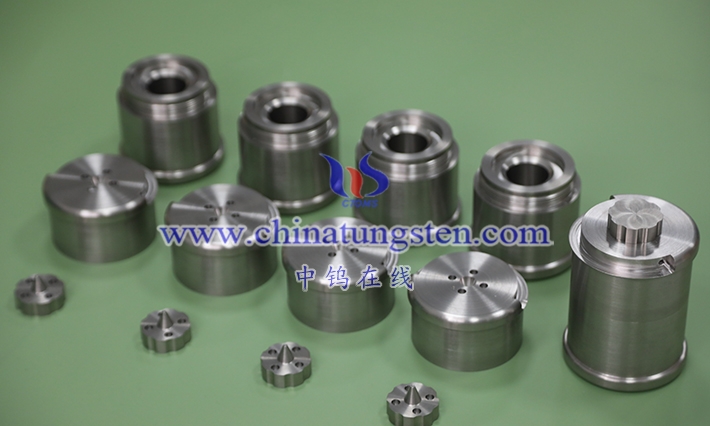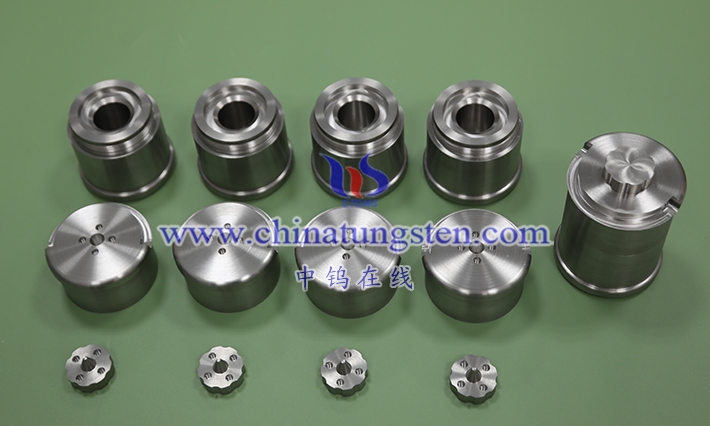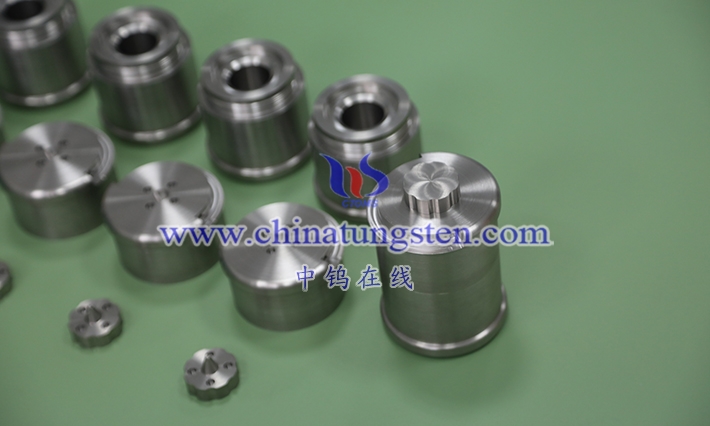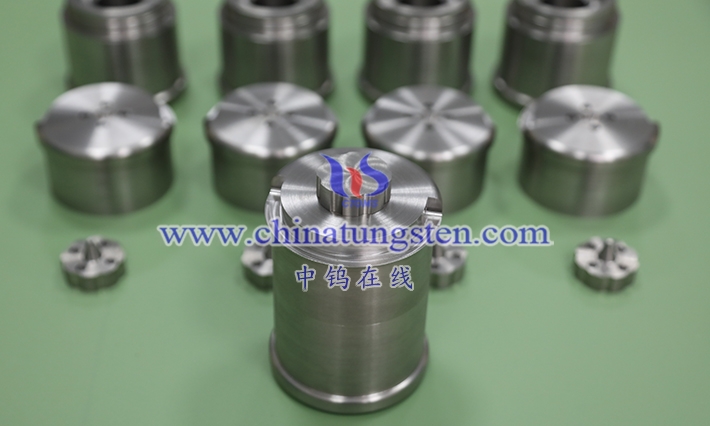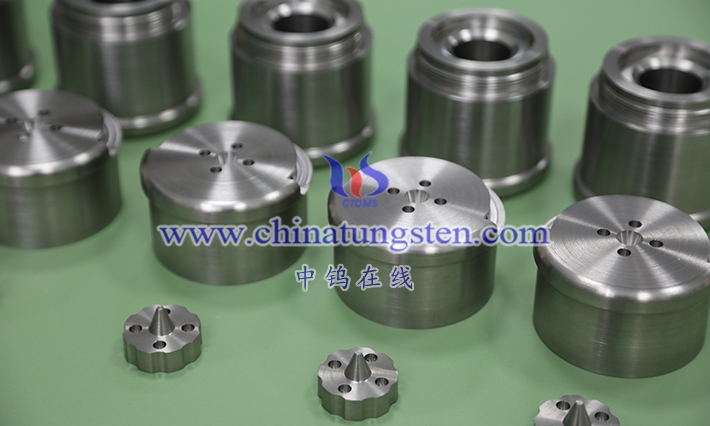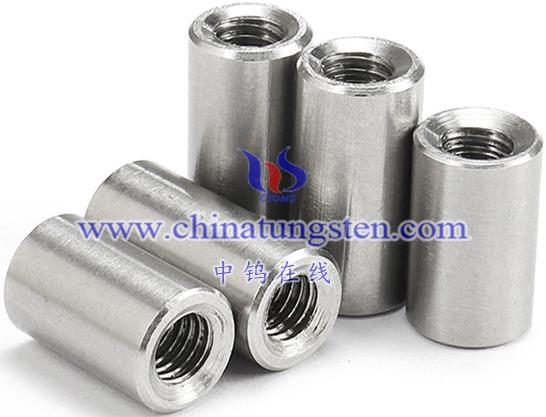
The performance of high-density alloys in extreme chemical environments depends primarily on their composition, microstructure and surface treatment. These alloys generally have good corrosion resistance and high temperature resistance, and can maintain good performance in extreme chemical environments.
For example, some high-density alloys can maintain good corrosion resistance in acidic or alkaline environments with high temperatures and pressures. These alloys often contain elements such as chromium, nickel, and cobalt, which form a dense oxide film that protects the material from further corrosion. In addition, some high-density alloys also undergo surface treatment, such as coating, passivation, shot peening, etc., to enhance their corrosion resistance and high temperature resistance.
However, there are some limitations to the performance of high-density alloys in extreme chemical environments. For example, some alloys are prone to oxidation in strong oxidizing environments of high temperature and pressure, resulting in surface damage and performance degradation. In addition, some alloys may corrode or dissolve in acidic or alkaline environments at high temperatures and pressures.
In general, the performance of high-density alloys in extreme chemical environments has certain limitations, but by selecting appropriate compositions, microstructures, and surface treatments, their corrosion resistance and corrosion resistance in extreme chemical environments can be enhanced. High temperature resistance.
More details of tungsten alloy product, please visit website: http://tungsten-alloy.com/
Please contact CHINATUNGSTEN for inquiry and order of tungsten carbide:
Email: sales@chinatungsten.com
Tel.: 86 592 5129595
